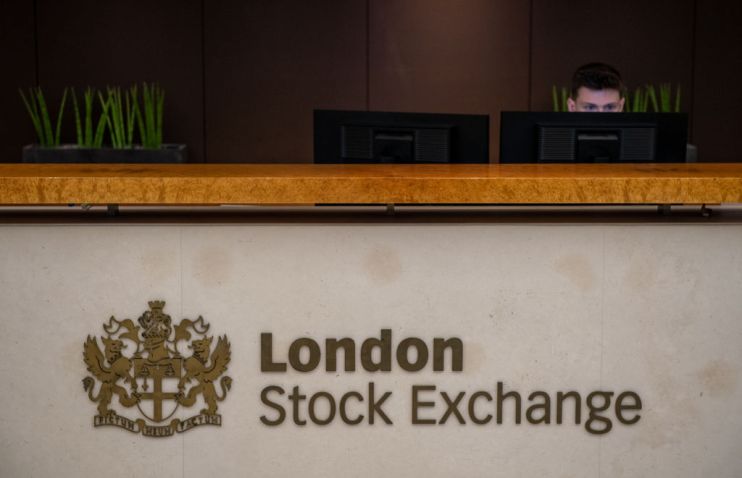A new breed of activist investors: capitalism is the engine of corporate change

The ESG naysayers – and yes, they do exist – have a large slice of humble pie to eat. The world as we know it, and how we choose to make our own individual mark on it, has changed drastically in the last 20 years. Our sense of personal responsibility has been supercharged over the last year as we were forced to pause, reflect and act in order to protect others.
Responsible investing – in whatever guise you know it as – is moving to the very core of investors’ portfolios and ethos.
The system isn’t broken but it does need improving. At the heart of this challenge are the shareholders who can and should hold the market and individual businesses to account. Whether it’s governments, companies or individuals, we all have to adjust our economy to a new consensus, not just on climate change, but also other environmental and social priorities.
There is a window of opportunity to show this resolve now. Investors need to be using their power as shareholders to put pressure on company management to change, effectively creating a new breed of activist shareholders.
There is a strong sense of responsibility among individual investors, with almost 60 per cent of high net work investors now voting at shareholder meetings to drive change or influence a company’s ESG position. There is a willingness to divest from companies without an agenda for change.
Part of this is being driven by younger investors, who have grown up in the shadow of the 2008 crash.
For years the whole system encouraged apathy in investing, but there is a sea-change coming. Signatories to the UN Principles for Responsible Investing and UK Stewardship codes mean there effective monitoring, engagement and voting in companies are fundamental for investment managers to fulfil their responsibility to their clients.
It has become easier to engage with large companies, meaning it is harder for management to ignore the voice of smaller shareholders. It isn’t necessary to be part of a conglomerate of activist investors to force change.
The single most effective tool is still collaborative engagement, with groups of shareholders working together to engage on ESG issues. A collective voice calling for simple change will always have the loudest impact. And the companies and management teams who ignore the demands for change will get left behind.
Capitalism is not the enemy to meaningful change, it is the engine. Shareholder influence allows investors to use their muscle in a free market economy to create radical shifts in corporate behaviour.